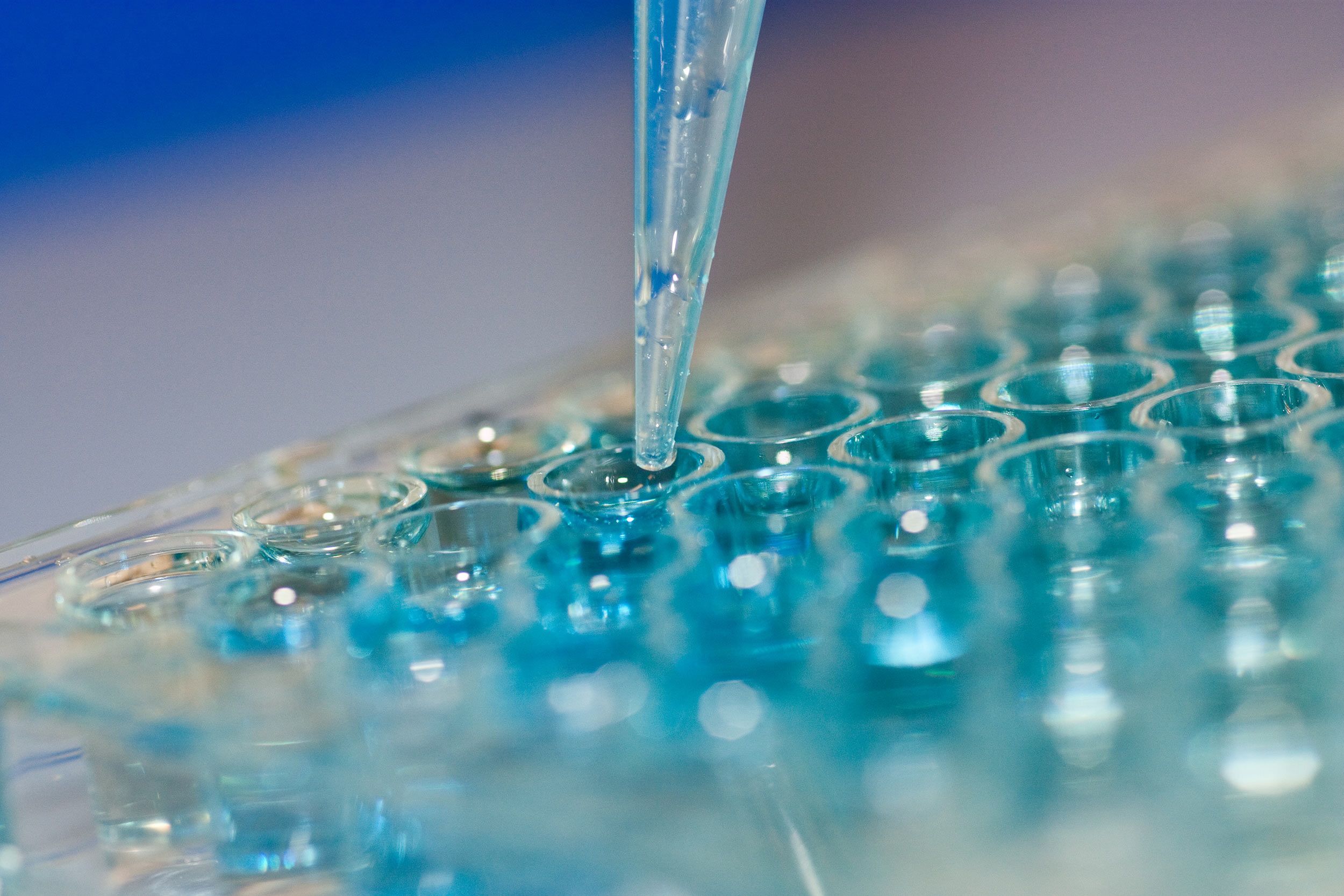
Ready, study, go!
Start your studies top informed.

Study your dream!
All information about studying.

Stay in touch!
Stay connected with the university.

Study with Purpose!
Discover our study programmes.

Educate with Purpose!
Lifelong learning and thinking ahead.

Research with Purpose!
Research from idea to application.

Better together!
As a university we create new opportunities.

Our highly developed healthcare system and its close links with new areas of research requires highly specialised personnel. In view of the increasingly complex relationship between people, medicine and technology, paired with fast-paced technological development, this places the biomedical scientist at an important interface between patient and doctor. Graduates of the degree programme are qualified Biomedical Scientists.
You will conduct analytical processes during routine and research activities in a variety of medical specialisms including haematology, clinical chemistry, immunology, microbiology, human genetics and gene technology. Molecular diagnostics has revolutionised biological and biomedical research and has become indispensable in clinical diagnostics. This challenge is addressed on the programme, qualifying graduates to play a future role in the latest technological developments.
What will I learn?
Basic medical and natural sciences
Students gain a basic knowledge of biomedicine in fields including anatomy, cell biology, physiology, histology and chemistry. You acquire basic knowledge and understanding of the medical backgrounds you will need later in professional practice.
Professional analysis methods and lab exercises
Analytical methods are taught both theoretically and practically by means of laboratory exercises.
- In haematology you will learn about the components of blood and how to diagnose different forms of haematological disease.
- In histology you will section and stain tissues, learning about their morphological structure in exercises using the microscope.
- In immunohaematology you learn to identify human blood groups.
- In immunology you identify antibodies and pathogens using immunological methods such as enzyme immunoassays (EIA).
- In clinical chemistry you learn the methods needed to measure important laboratory parameters such as blood sugar and cholesterol values.
- In microbiology you identify bacteria, viruses, fungi and parasites.
- In molecular biology you learn the analytical methods used in molecular biology such as polymerase chain reaction (PCR) in human diagnostics.
- In cell culture you learn about working in a sterile environment and cell culturing.
- In the field of functional diagnostics you will learn to carry out functional tests such as ECG, spirometry and EEG in a quality assured manner. These are tests for the analysis of heart, lung and brain functionality.
